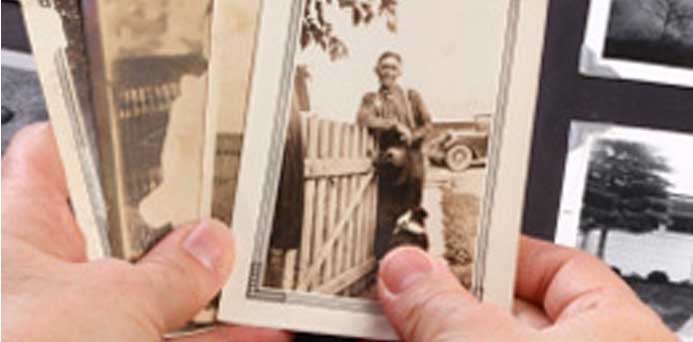Ancestry research can be a fun and rewarding process, and not to mention addicting.
It’s like putting a puzzle together except rather than making a pretty picture, you are learning about the coolest people ever: your relatives!
A few other benefits: You can spark your kid’s interest in history by tying your family to historic events. The Civil War is far more interesting when you learn a relative fought at Fort Sumter. Proving your lineage to certain ancestors opens up membership to different groups. For example, if you are able to prove that you are a direct descendant of an American Patriot, then you may be eligible to join the Daughter’s of the American Revolution. Additionally, there are college scholarships that are only available to direct descendants of veterans from certain wars.
Here are three easy steps to get you started.
1. Talk to your living relatives. I recommend getting a notebook to take careful notes on lineage and documenting any stories that are meaningful. For example, write down the type of work your great-grandparents did for a living, perhaps make note of how your grandparents met, etc.
2. Collect as much proof as possible. This means getting copies of all birth, marriage, death, military, etc. certificates if applicable. Birth certificates were not required in most states until the 1920s so sometimes baptismal or census records are all that is available. A great website to try is familysearch.org, LINK it is free and has a very comprehensive collection of old documents.
3. Join ancestry.com, it’s free for the first 14 days, but after that it is about $13-$35 a month depending on what subscription you select. Ancestry.com gives you full access to census records and research that other people have completed. For example, I was able to trace back my lineage to a certain ancestor that someone on ancestry.com had already traced back to the 1700s, so I was able to use the research they had done to collect more information about my family. But be careful to double check other people’s work, as sometimes people make mistakes or bad assumptions.
So now you have the basics to begin your research. Good luck!

